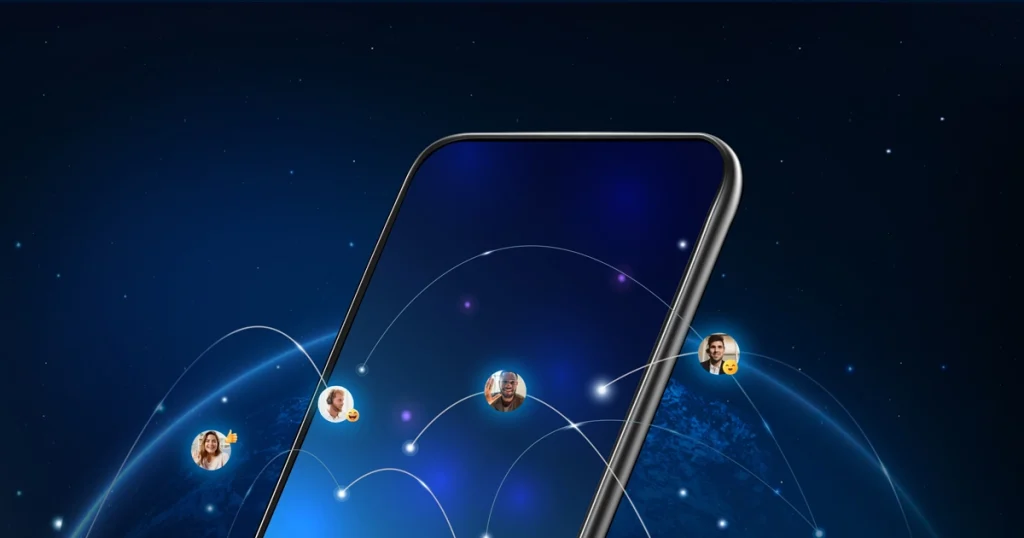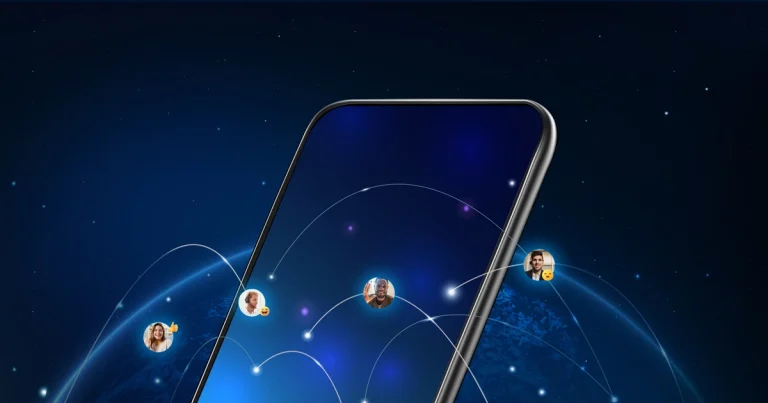
Suppose, when starting the day at your office, you notice an employee hasn’t come in yet. Let’s say his name is Dave.
You, the manager, got in at 8. Pretty soon, it turns to 9, then to 10 o’clock. Still no Dave to be seen.
It’s only later, at 1 o’clock — more than halfway through the day — that Dave walks in through the door.
Naturally, you ask Dave where he’s been.
He answers, “I had to go to the doctor.”
Hearing this, you’re probably going to respond in one of two ways:
- You tell Dave that you understand, and hope everything’s okay.
- You ask to see a doctor’s note.
So, what makes you ask Option 2 over Option 1? Simply put, it all comes down to trust.
If you trust Dave, based on what you know about him, you’ll take him at his word. But if you don’t trust Dave — maybe because his performance is lacking, or just because you don’t know him — you’ll more than likely want verification.
Now, I’m not telling this story because I think you don’t know anything about trust in business. I’m telling this story to explain that, when you’re acting as an MSP, you’re more like Dave than you may think; after all, by selling a product, you enter a situation where the other party’s trust decides the outcome.
It’s easy to see how just by looking at a typical sales interaction. Say you come to a customer unexpectedly, offering them a new PBX system. Obviously, you’re going to explain yourself through a sales pitch; you outline how you understand the customer’s business needs, how you just brought on a new product, and how you think it can be of use to the customer.
But just like Dave and his manager, your explanation is only part of what the customer’s considering. Really, the deciding factor was there long before your conversation even started; to accept your sales pitch as is, your customer has to trust you. If they feel they can’t count on your word, they’re going to ask for other sources of value, like technical details, or maybe even brand recognition.
The point is, when customers ask for extra verification, it’s a sign that you haven’t earned their trust. And that, in turn, is a sign that you haven’t done enough to establish your authority in the market. In interactions like that, your customers don’t actually care about your word; all they really want is a doctor’s note!
Obviously, it’s not impossible to eke out a win from that scenario. But the sale probably won’t happen without a lot of extra effort on your part. To sell effectively and make your sales pitch its own argument, you need to first make yourself a trusted part of your customer’s day-to-day business. Once that trust is in place, the rest is smooth sailing.
So learn to do away with doctor’s notes. As an efficient MSP, you should have all the verification your customer needs before you even mention your product’s name.
For more tips on business and software, subscribe to receive our magazine for free!







